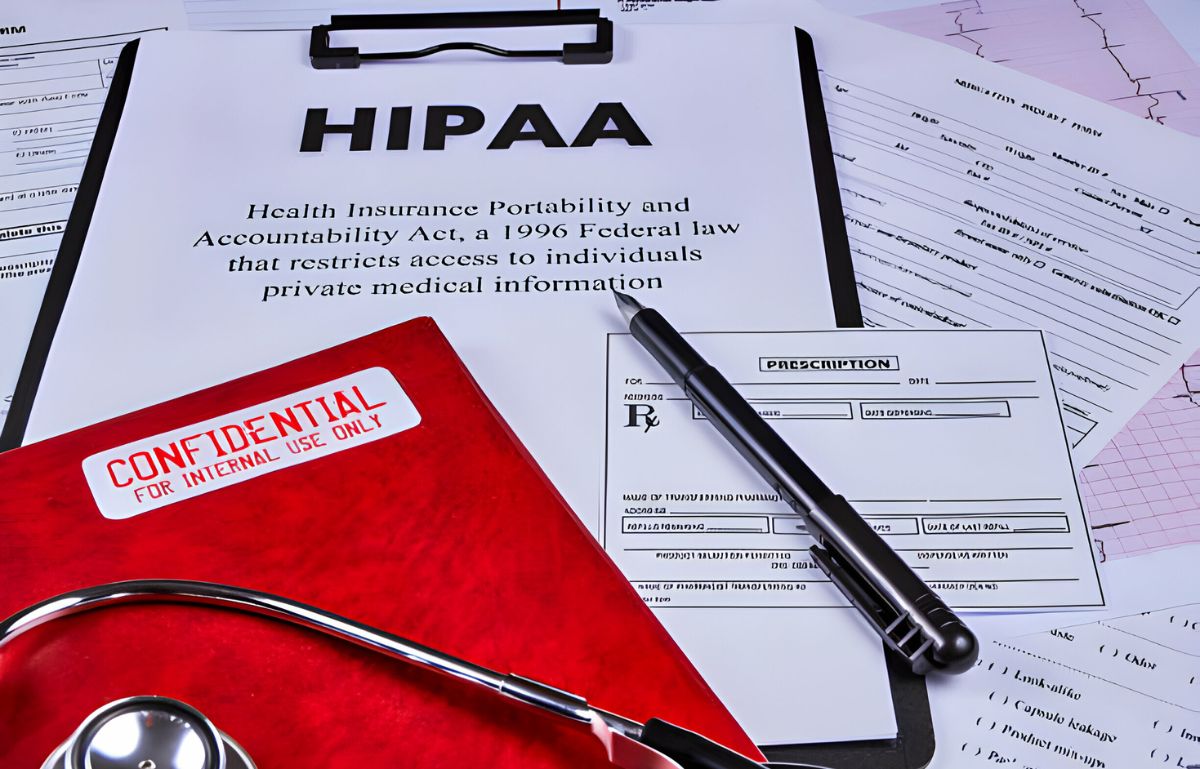HIPAA stands for the Health Insurance Portability and Accountability Act. Federal law takes care of the national standards they have developed to protect patient information. A patient can come with different types of personal and medical data that he is uncomfortable sharing with everyone. HIPAA ensures that no information about a patient gets misused or used without the patients’ consent. Health and human services issue the privacy rule for the right and relevant implementation of the HIPAA. HIPAA security rule also protects the information that relates to privacy rules.
Here are a few entities that HIPAA covers
- Healthcare providers
- Health Plans
- Healthcare clearinghouses
- Business associates
HIPAA compliant translation services hence make it evident for the authorities to understand the content in the native language and follow the rules and regulations accordingly. HIPAA compliance holds strong significance in the medical and healthcare setting. The healthcare landscape has become diverse and multifaceted now. Hence to cater to a diverse industry in the United States is not possible without HIPAA. Medical proceedings and procedures call for certain rules and laws as it is a sensitive field and minor negligence goes a long way. Mistreating a patient or his information can make the companies suffer and put them in legal trouble. Therefore, it is important that patients as well as the companies and people dealing in this industry also understand their rules and regulations.
Moreover, it is also imperative that not only patients but healthcare providers, centers, and hospitals also understand the process of HIPAA and carry out the HIPAA-compliant protocol to ensure everyone involved is on the right page.
Patient safety and quality care
HIPAA compliant translation is significant for the reason that it helps to facilitate patients with safety and quality care. Accurate communication is particularly evident for the correct diagnosis. A correct diagnosis leads the way to an effective treatment plan. The medication administration has to take care of certain factors. While dealing with multilingual patients inadequate translation can be disastrous and can invite grave consequences.
Moreover, misunderstandings, misdiagnoses, and potentially harmful medical errors can be avoided with the help of pharmaceutical translation services. Furthermore, HIPAA compliance ensures the privacy and security of sensitive and confidential medical information. This ensures patient safety by protecting patients from identity theft, and financial fraud which are quite a lot these days, and the discrimination that people can hold based on their data. If anyone tries to breach the medical information, this can affect the trust between patients and their physicians.
Accessibility and inclusivity
Everyone deserves to have good medical healthcare and services despite their background or region. HIPAA translation is also crucial to maintain the balance among all the strata of society. It helps with dealing with people on the same level. Language barriers can also often be a reason to prevent individuals from accessing essential healthcare services. Lack of translated medical information often causes misdiagnosis, treatment also, and improper follow-up care. However, on the other hand, HIPAA compliance helps with better medical communication. Healthcare providers can also ensure equitable access to quality care for all patients regardless of their ethnicity and language proficiency.
Ensuring HIPAA complaint translation also helps to foster inclusivity by making healthcare accessible to a diverse population.
Cultural factors and implications
Medical dealings and processes also vary and differ based on the regions and areas. The culturally sensitive translations are also important to take care of the cultural implications. These help to build trust and rapport with patients. Translators also need to understand the responsibility that comes with medical and healthcare translation and the relevant rules. Also, native translators should be hired for HIPAA and medical translation, particularly those who are subject matter experts. So that they not only can deal with cultural nuances and communication styles but can also ensure effective and respectful communication.
Many cultures in underdeveloped countries are not open to discussing every type of disease and root cause. There are restrictions and people don’t go beyond certain limitations while discussing medical issues. Therefore, cultural factors must be considered while treating a patient. Translating the material about health education, tips for disease prevention, and getting ready for an emergency can make us as patients more empowering and take care of our health plans accordingly.
Legal and ethical Considerations
Healthcare institutions have to deal with legal obligations on a massive level and hence have to comply with HIPAA regulations. This also includes the protection of the rights of the people involved as well as ensuring that accurate and effective communication with patients is carried out in their preferred language. Failing to comply with legal considerations can complicate the matters. Moreover, there could be penalties and costly fines.
Legal and ethical considerations can make things complicated and confusing in the healthcare industry. It is dealing with a lot these days. Clinical trials are also common, especially post COVID-19. Clinical trials are quite common these days, and clinical trial translation services are also demanded by researchers and companies to deal with the diverse masses.
Not only legal mandates, but HIPAA compliance also helps to set the standards for ethical considerations. We all need to be more empathetic towards each other rather than looking for reasons to show affection. Moreover, when patients understand their conditions and treatment options in their native language, it helps them make informed decisions about their diagnosis, treatment, and follow-up.
Conclusion
HIPAA works for the medical industry in the USA. It helps you educate yourself about your rights as a patient. They work for the patient’s rights and to protect the information. HIPAA-compliant translations are important to conduct to educate the people about their rights as patients. Opting for translations also helps with patient safety and healthcare, accessibility and inclusivity, and legal, ethical, and cultural considerations.

